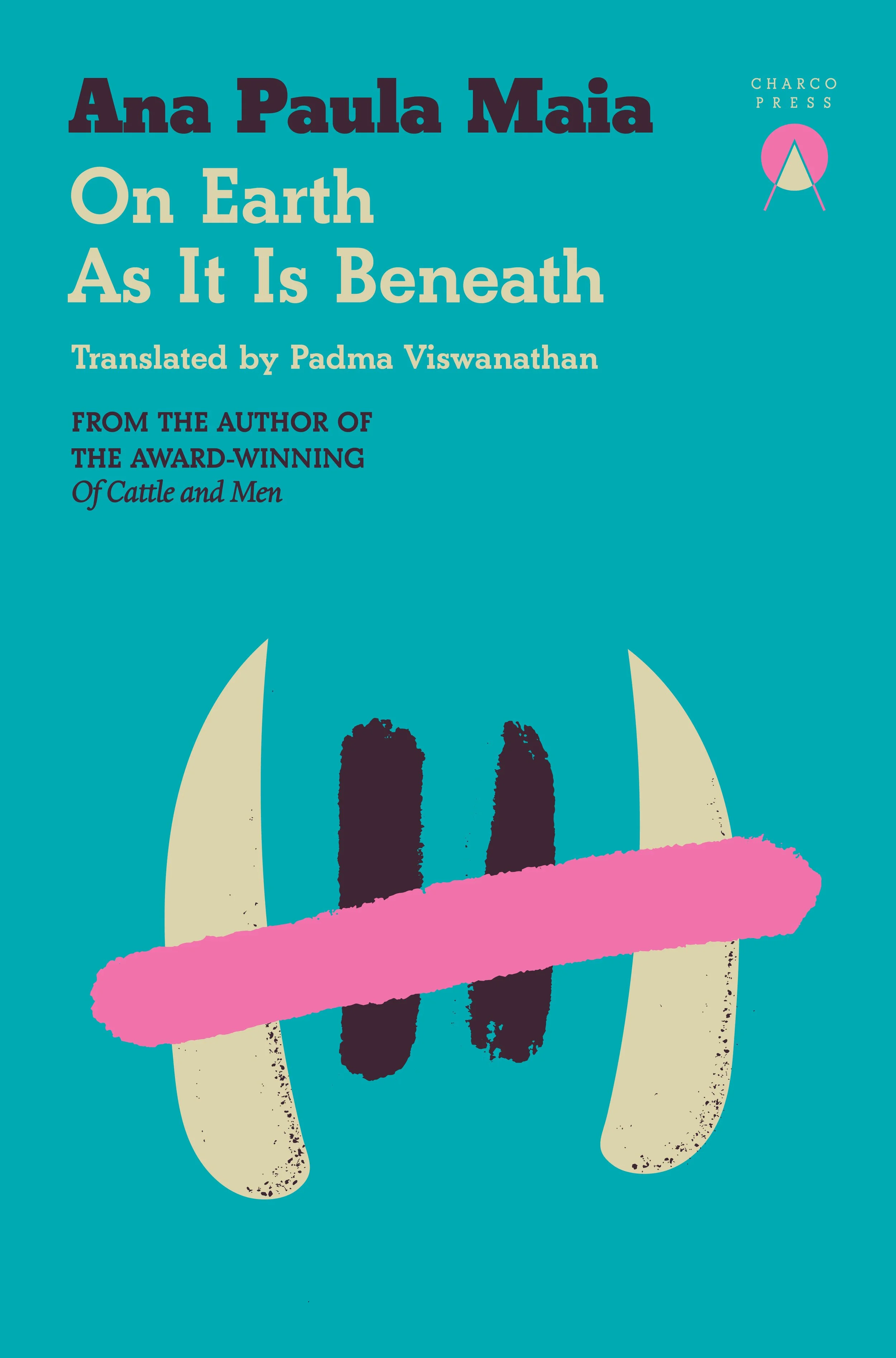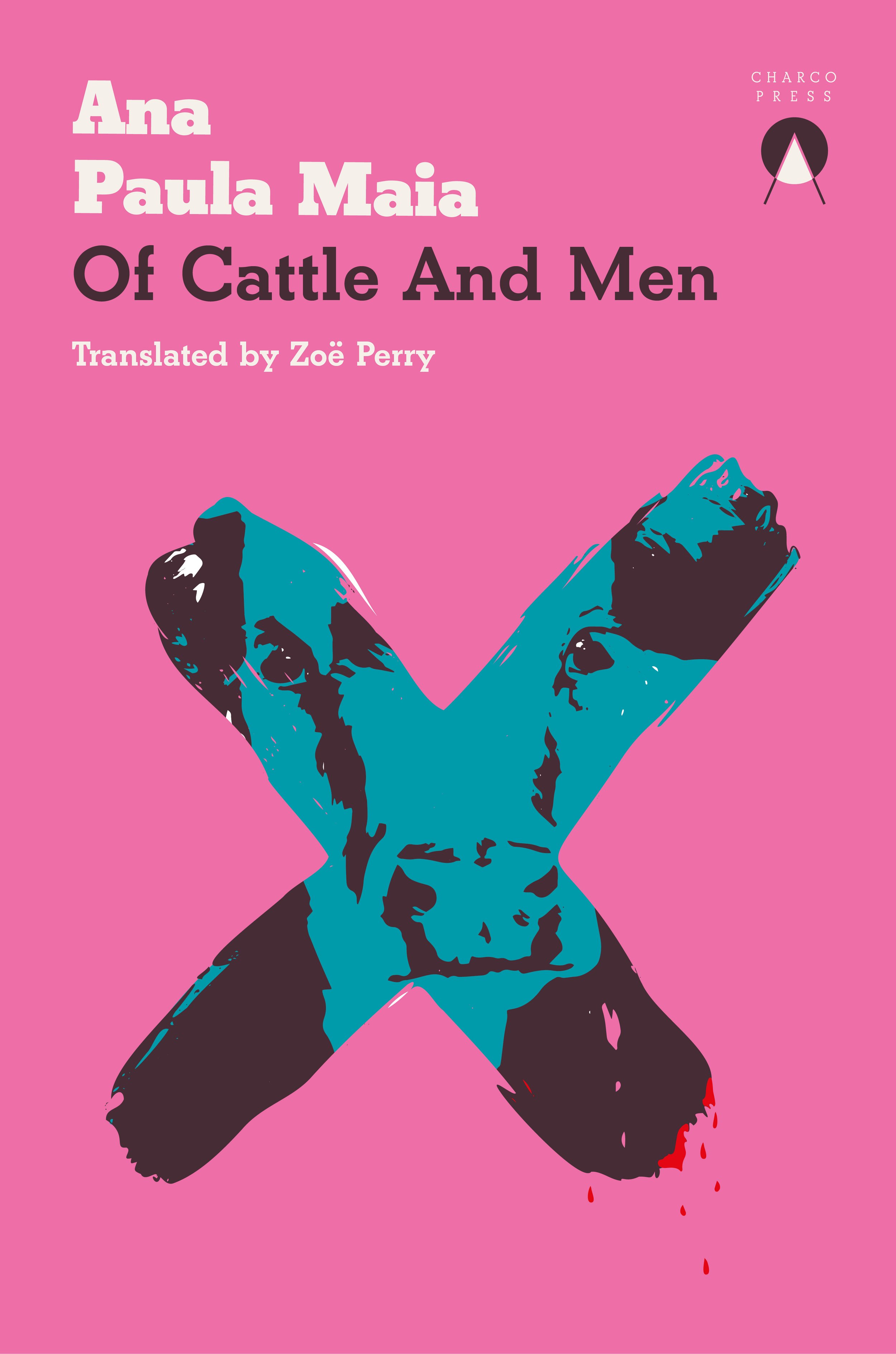Chilco
Chilco
Daniela Catrileo
Translated by Jacob Edelstein
A near-future tale about love, life, and friendship in a world that’s falling apart.
Chilco is the name of Pascale’s home island. It is also the Mapudungun word for fuchsia: a word that evokes tropical lushness, wetness, the deep greenness of the forest. Pascale's partner, Marina, grew up in the vertical slums of Capital City, a place scarred by centuries of colonialism and now the ravages of feckless developers. Every day the couple fear a sinkhole will open up and take with it another poor neighbourhood, another raft of desperate refugees from the hinterlands: the indigenous, the poor, who are toiling for an all-consuming machine that is devouring the earth from beneath their feet. When they finally flee the collapsing city to live in Chilco, are they escaping from the crushing weight of centuries of colonial repression that have eroded indigenous memories, language, and culture, or are they merely stepping into a twisted, lush new version of it? From her first days in this place where she’s supposed to feel safe and at home, Marina can’t avoid the feeling that everything is decaying around her – there is a smell of putrefaction in the air that no one except her can detect; there are seismic rifts that the political cruelties of the times have opened up in her own relationship with Pascale; and she is haunted by insistent memories of her past.
In Chilco, Daniela Catrileo’s baroque, tropical jeremiad, the wounds of capitalism and empire inflict themselves on the person and on the land, but linger most devastatingly in language and memory. Indigenous Mapudungun and Quechua words, history, and cosmology form the chorus to this tropical fever dream of life, love, death, and friendship.






